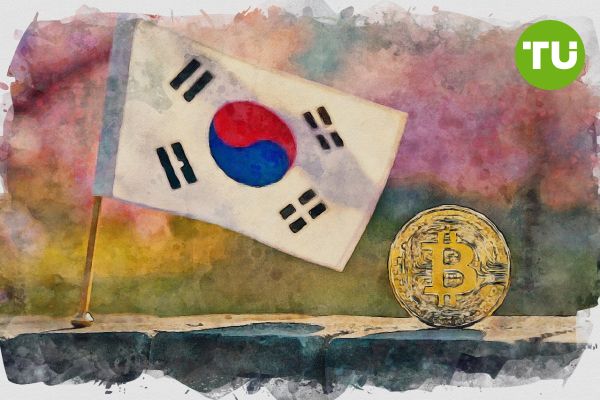South Korea prepares to open crypto market for foreign investors
 South Korea signals potential crypto access for foreign investors.
South Korea signals potential crypto access for foreign investors.
South Korea’s Financial Services Commission (FSC) has indicated that foreign investors may soon gain access to the country’s domestic cryptocurrency market, pending improvements in anti-money laundering (AML) infrastructure among local exchanges.
The remarks, made during a recent National Assembly seminar by FSC’s virtual asset division head Kim Sung-jin, signal a potential shift in policy aimed at aligning with global crypto trends and boosting international participation, reports Cryptopolitan.
Currently, foreign participation in South Korea’s crypto trading is restricted due to stringent Know-Your-Customer (KYC) and capital control regulations. Local laws require Korean bank accounts under real names to trade digital assets, effectively barring overseas investors. Kim said the FSC is reviewing strategies to attract global players, contingent upon exchanges demonstrating full compliance with AML safeguards, including the “Travel Rule,” which mandates tracking and verification of digital asset transfers above one million Korean won (roughly $680).
Foreign Access Could Spark Market Growth
Industry analysts, including Peter Chung of Presto Research, argue that lifting the foreign ban could invigorate South Korea’s crypto ecosystem, especially its U.S. dollar stablecoin market. “Opening the market will stimulate innovation and reduce the Kimchi Premium,” Chung said, referencing the price gap between Korean and global exchanges due to limited liquidity.
The FSC’s openness reflects South Korea’s efforts to keep pace with broader international trends. Notably, the U.S. administration under President Trump has taken a lead in advancing crypto policy, prompting Seoul to reassess its longstanding restrictions on cross-border crypto trading.
Stricter AML Enforcement Remains a Prerequisite
While regulators are exploring liberalization, they remain focused on maintaining strict oversight. Kim emphasized that AML responsibilities cannot be left solely to private platforms. The FSC previously introduced the Travel Rule in 2022 and has expanded it to include smaller transactions. Compliance lapses have drawn penalties, as seen in a recent case involving Upbit, which allegedly enabled trades with unregistered foreign platforms. However, a Seoul court temporarily blocked the fine, underscoring ongoing legal challenges.
If regulatory thresholds are met, the inclusion of foreign investors could reshape South Korea’s crypto market, fueling growth, narrowing global price disparities, and establishing the nation as a more inclusive player in the digital finance sector.
Recently we wrote, that South Korea’s largest crypto exchange, Upbit, secured a critical legal win after the Seoul Administrative Court temporarily suspended a three-month business restriction imposed by the country’s Financial Intelligence Unit (FIU).













































































































































